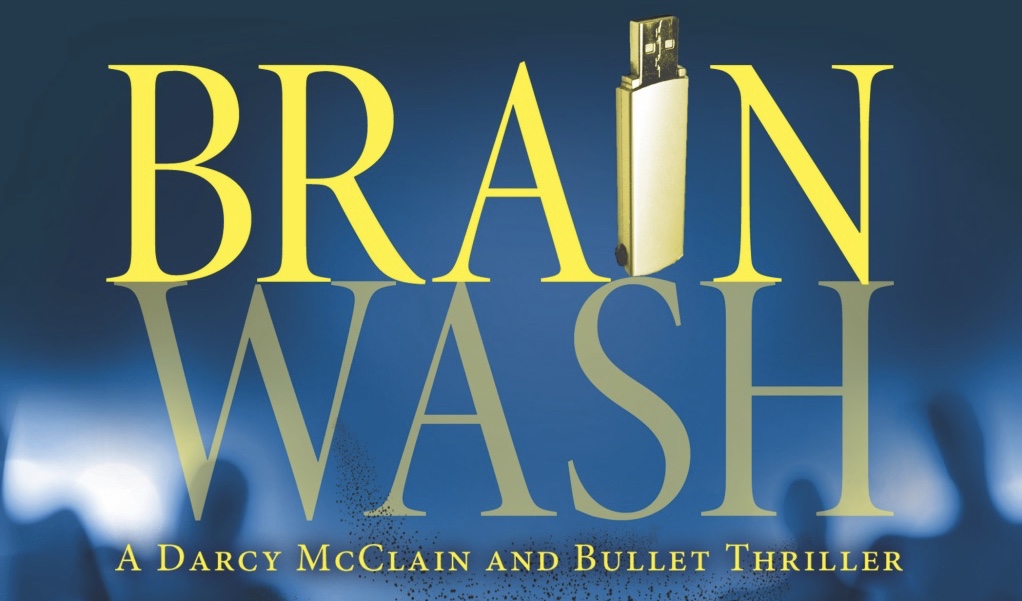
Bison
On day two in Jackson Hole, we woke to rain. In between the downpours, we browsed the few shops that had opened. Most were closed until the coming weekend when the summer season officially began. We also missed out on the aerial tram to the mountaintop; it opened the following day. Still, we enjoyed our walk around town. Later in the afternoon, the rain intensified and we were stuck indoors. Time to catch up on emails and news from home. read more…


